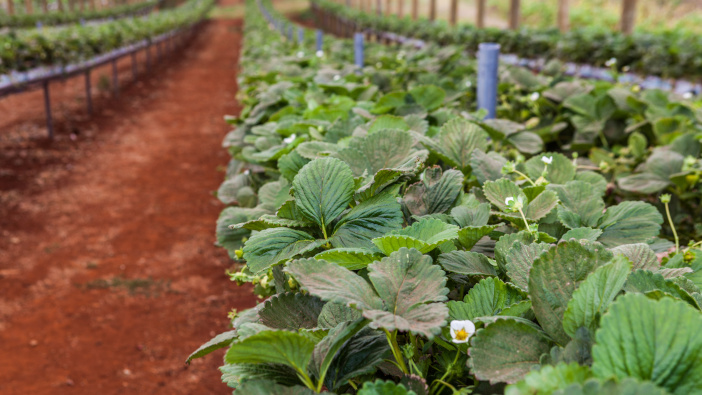A new package of measures has been introduced by the government, said to provide stability to farmers in the horticulture, poultry and sheep sectors.
The Seasonal Worker visa route has been confirmed for 2025, with 43,000 visas available for horticulture and 2,000 available for poultry businesses.
Food Security Minister Daniel Zeichner said: “This government recognises that food security is national security, and this can only be achieved by supporting food and farming businesses.
“Confirming the seasonal worker visa allocation for 2025 gives growers and producers certainty, allowing them to plan ahead and secure the labour they need to grow and thrive.”
NFU response
While acknowledging the positive move by the government, the NFU stated that a long-term scheme was essential to help businesses plan around.
The NFU has continued to campaign for the critical role that seasonal workers play in the UK, with many workers having a positive experience with farmers in the UK. According to the 2023 Seasonal Worker’s Survey, published by Defra, 95% of respondents expressed a desire to return.
NFU president Tom Bradshaw said: “For the many horticulture and poultry businesses that produce climate-friendly food and plants for the country, this news will be a relief as they will be able to plan for the year ahead. But farming and growing businesses don’t just work on year-to-year production cycles, they plan their business operations years ahead.
“As has been widely reported confidence of farmers and growers is at an all-time low and worker availability has been a significant barrier to growth – a key mission of the new government. Horticulture and poultry businesses in the UK both have the ambition to grow, but essential to this is long-term certainty.
“The recent recommendations by the Migration Advisory Committee (MAC) recognised how significantly important the SWS is to domestic food security and the vital need for a long-term scheme. We urge the government to publish its response to the MAC report as soon as possible, to give farming and growing businesses the confidence needed to invest in the country’s food security and deliver for its environmental targets.
“We don’t want to see a return to empty supermarket shelves or further years where £22 million of crops are left to rot in the fields and we want to ensure consumers have access to their favourite Christmas centrepiece during the festive season. We have an ambitious industry that wants to drive productivity to support the health and well-being of our nation, but action is needed to make this a reality. Moving forward we need to see assurances of a long-term SWS and the government’s response to the MAC report.”
Further support for poultry and sheep farmers
In addition to the Seasonal Worker visas, the government announced measures on egg and poultry labelling, which will help farmers deal with the impact of future avian influenza outbreaks.
The measures allow free range eggs to be labelled as such, even at times when mandatory housing orders are in place. Before this, eggs could only be labelled as free range for up to 16 weeks after the housing order came into effect.
Legislation will be put through on 4 November and is expected to take effect in January, to ensure a level playing field against producers in the EU.
A consultation is also been launched about introducing similar measures for poultry, removing the current labelling restrictions of 12 weeks after housing.
Additional action is been taken to ensure producers receive a fair price for livestock by bringing forward legislation to mandate sheep carcase classification and price reporting. This will bring the sector in line with beef and pork markets.


